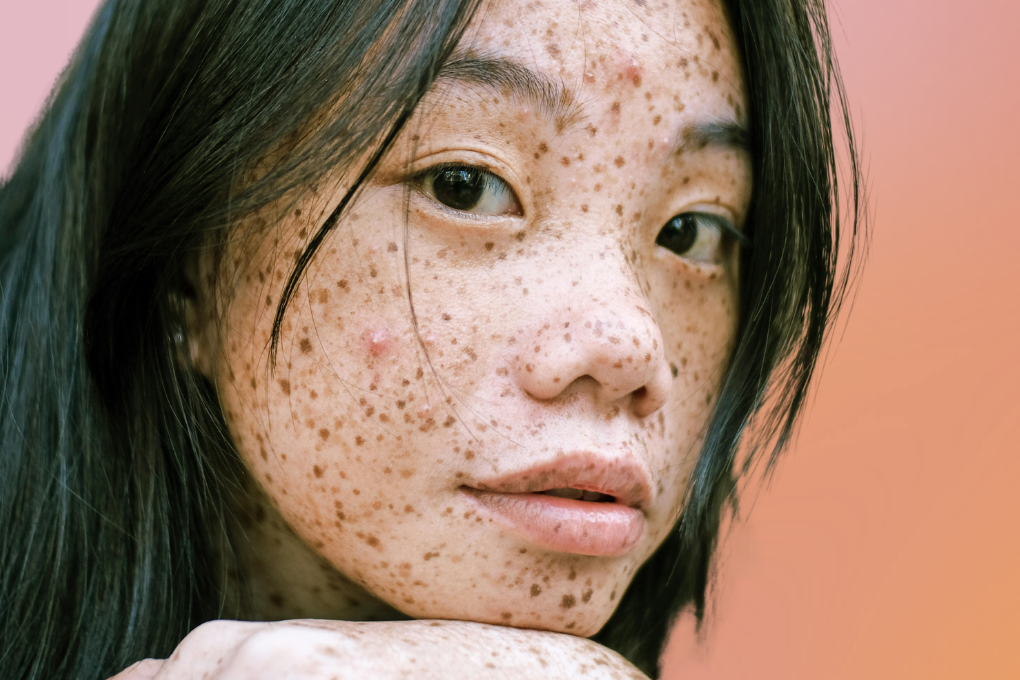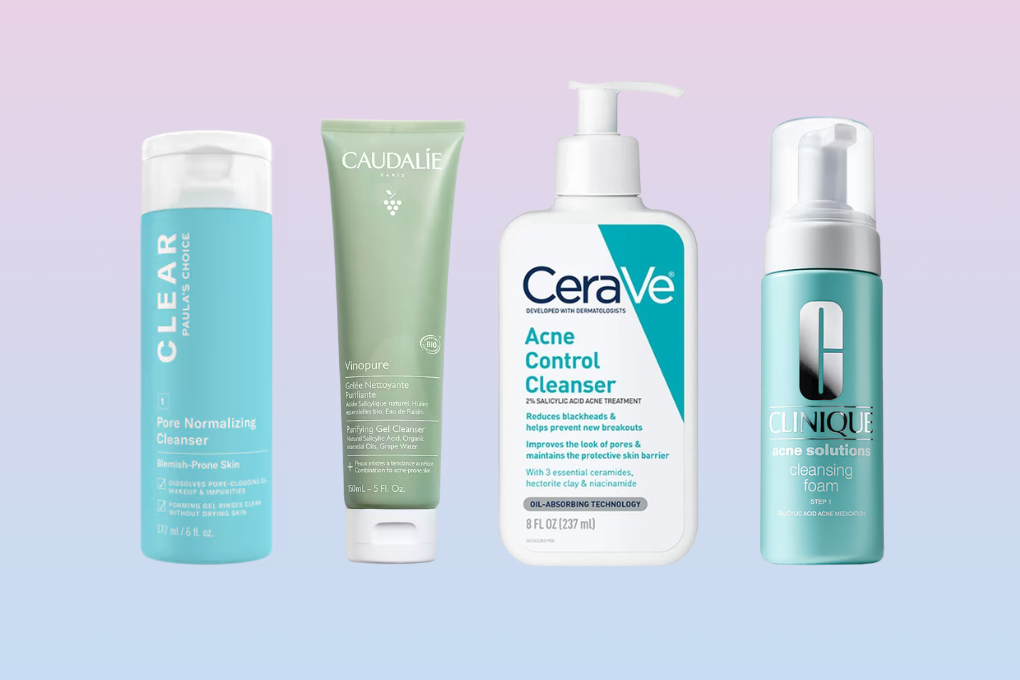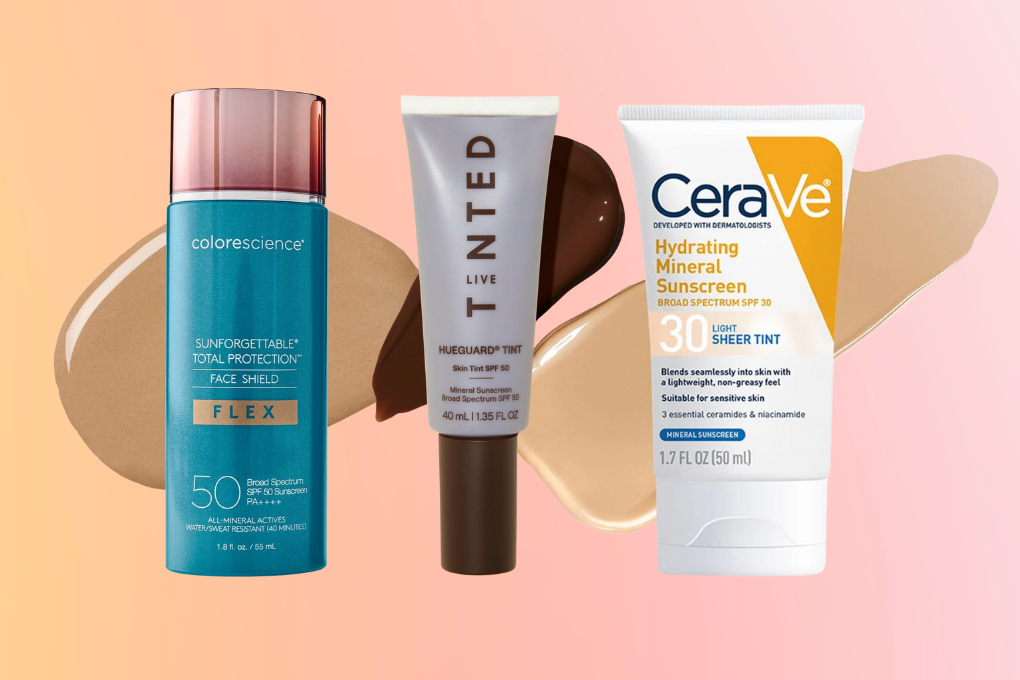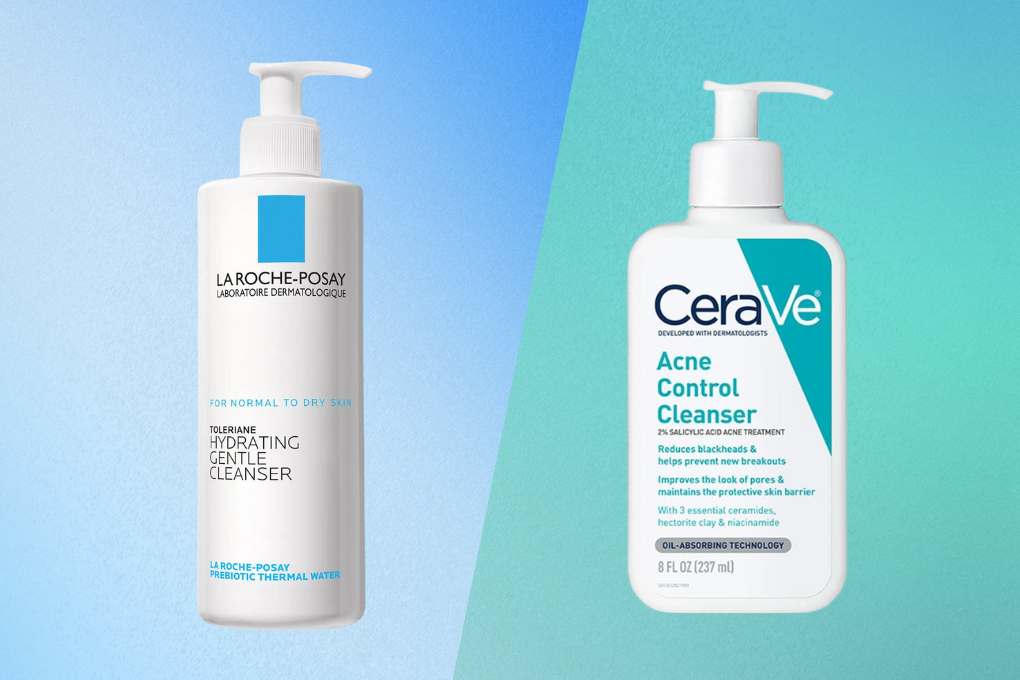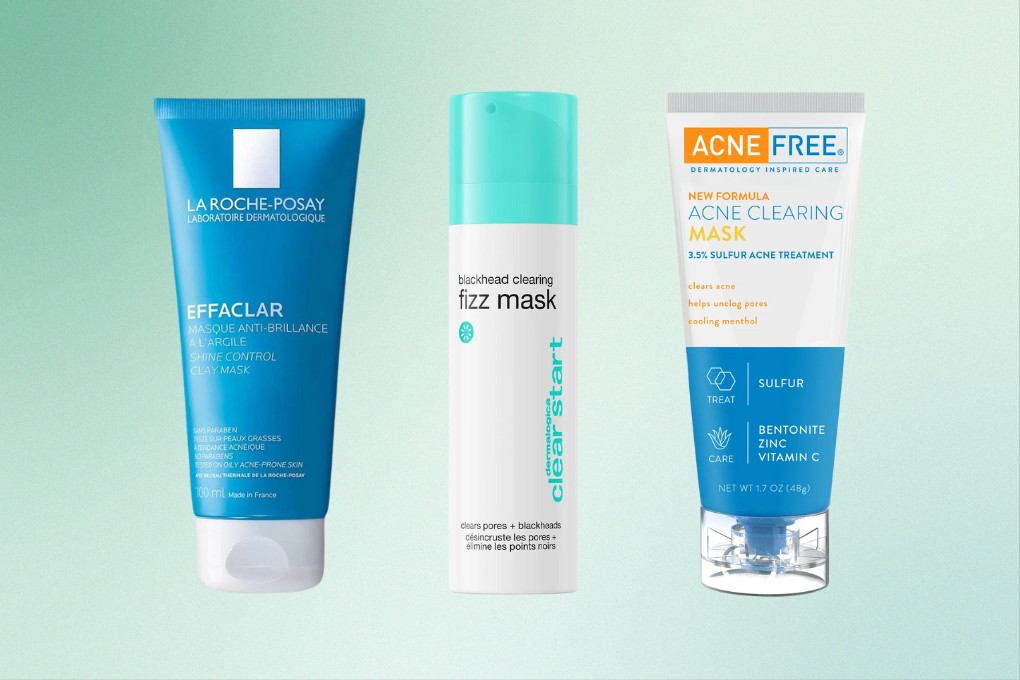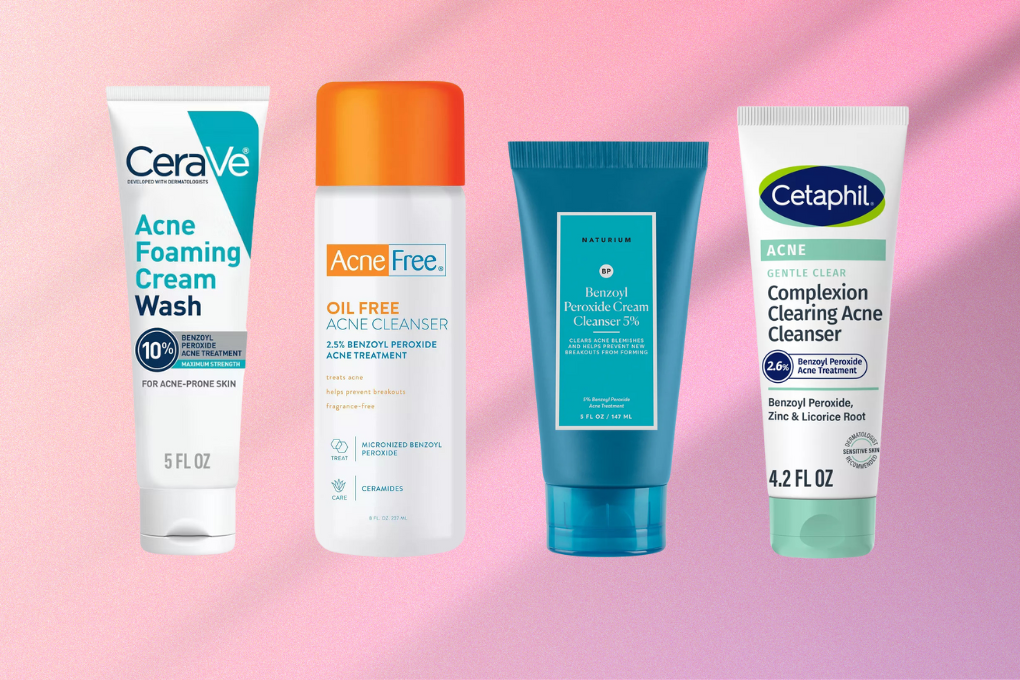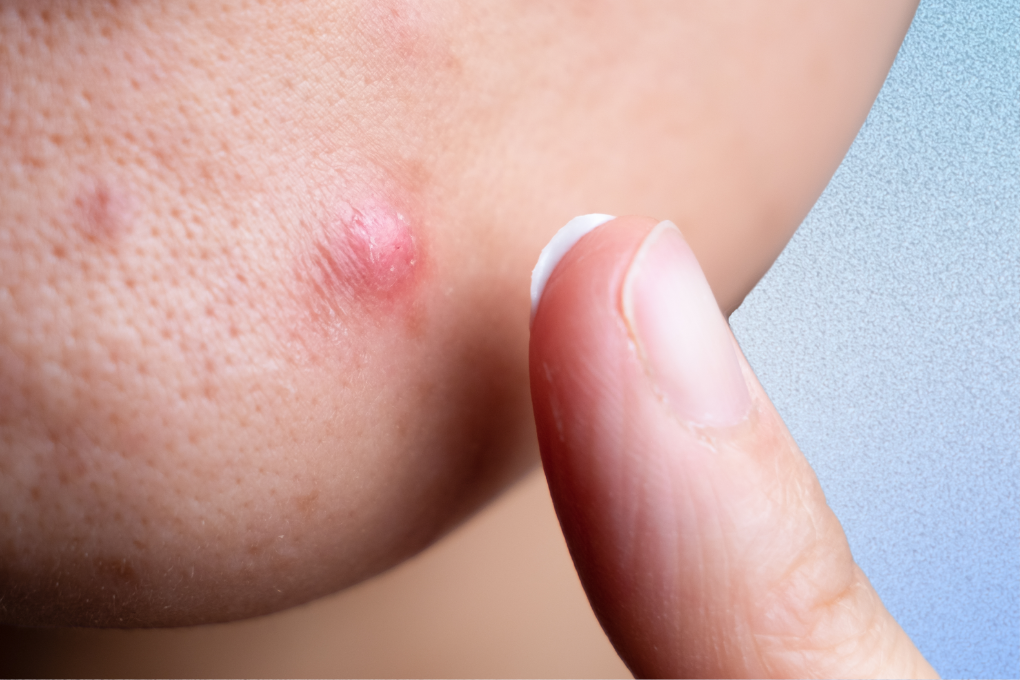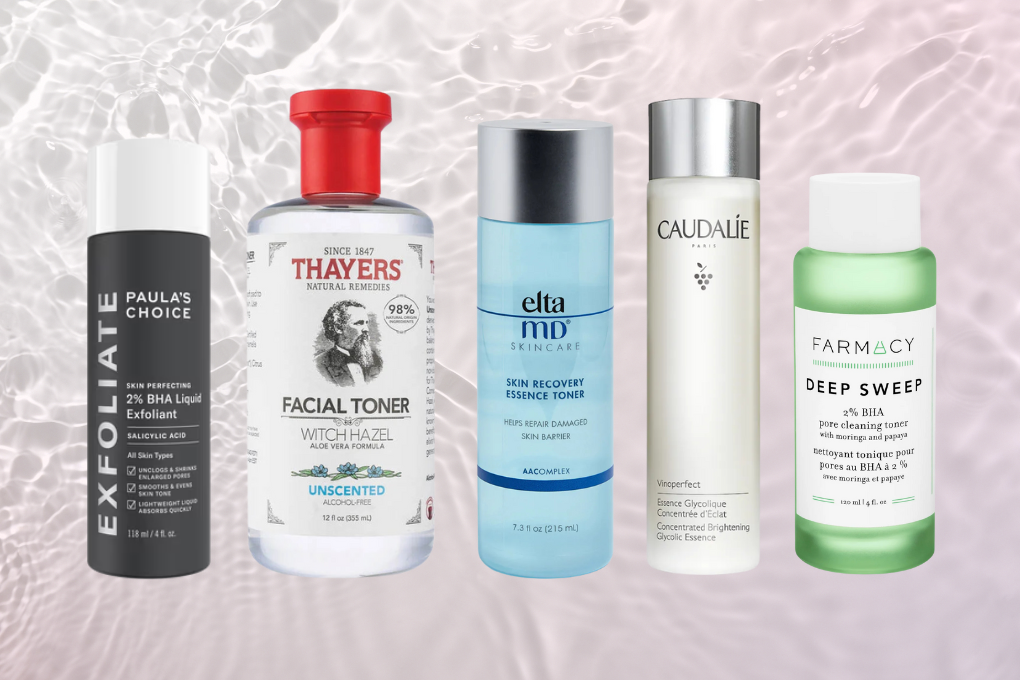Classic acne advice? We’ve heard it by now. But we’re always exploring lesser-known ways to care for acne-prone skin. Whether you’re a seasoned skincare enthusiast or you just want to know how to get rid of pimples, we know that there are acne tips below that you haven’t come across yet.
Let’s dive into some often overlooked acne wisdom:
1. Switch Out Your Pillowcase
It’s not just about what you put on your skin, but also what your skin touches. You might not realize it, but this bedtime staple can accumulate oils, dirt, and leftover makeup products over time. How often do you swap out your pillowcase? Regularly changing it, say, a couple of times a week, can reduce the transfer of these oils back onto your skin, thereby preventing clogged pores.
Consider getting a few extra pillowcases to make rotations easier. And while you’re at it, why not explore silk or satin pillowcases? These materials are less absorbent than traditional cotton so they’re less likely to steal away your skin’s natural hydration and any topical products you apply before bed. Plus, silk and satin pillowcases create less friction, reducing the potential for skin irritation. There are even silver infused pillowcases that can also help by inhibiting bacteria growth.
2. Mind Your Hair Products
Some hair products, especially those with high oil content, can contribute to facial breakouts, especially around the hairline or where your hair makes contact with your face. Keep an eye on the ingredients of your hair products and keep your hair off your face with a soft hair tie, especially during sleep. And make sure that you are thoroughly cleansing the oil and product buildup off your hair when you wash it.
3. Always Use a Clean Towel
Just like with pillowcases, towels can harbor oils, dirt, hair products, and bacteria. Make sure you always use a clean towel on your face. If your towels often smell musty, wash them more frequently, make sure you are spreading them out to completely dry between each use, clean any mold growth in your washing machine, and add a laundry sanitizer when you wash them.
If you do not have enough towels to always have a clean one on hand for your face, consider drying your face with a new paper towel or disposable face towel each time you wash it.
4. Hands Off
This is a simple yet effective tip. We often underestimate how much we touch our faces, with every touch transferring bacteria and dirt from our hands. Make a conscious effort to keep your hands away from your face and clean your hands frequently in case you forget. Keep nails short and use pimple patches to prevent picking at blemishes.
Hero Cosmetics Mighty Patch Original Hydrocolloid Pimple Patch
5. Clean Your Devices
Regularly wipe down your phone, over-ear headphones, and any other device that comes in contact with your face as they can harbor acne-causing bacteria. Regularly cleaning them can reduce the chance of transferring dirt and bacteria back to our faces. Small rubbing alcohol wipes are an easy way to keep devices clean. Also make sure that your glasses, scarves, masks, and hats are regularly cleaned to prevent the spread of oil and bacteria to your face.
6. Reevaluate Your Laundry Detergent
Some laundry detergents contain ingredients that can be irritating to sensitive skin. Consider switching to a hypoallergenic and fragrance-free detergent for your laundry and make sure you are using the minimum amount needed so that the detergent will rinse off easily and not build up on fabric.
7. Skip Fabric Softener
While fabric softeners and dryer sheets might make your clothes feel soft and smell fresh, they can be sneaky culprits behind skin irritations and breakouts. Fabric softeners and dryer sheets often contain waxy substances that can stick to clothing and potentially clog pores when they come into contact with your skin. Dryer balls are a great reusable option that can help soften clothes without leaving residue.
8. Sweat Smart
To sweat is natural, but letting sweat linger might lead to breakouts. After a sweaty workout, wash your face or take a shower soon after to prevent the combination of sweat and oils from clogging your pores. If you work out a lot and don’t want to over cleanse, be sure to use a very gentle face wash or if you don’t have time, spray with hypochlorous acid.
9. Order Matters
Adjust your shower routine so that you wash your face at the end of your shower to remove any hair products that may have spread onto it. If you have sensitive skin, always brush your teeth before you wash your face to prevent toothpaste from irritating your skin and causing acne around the mouth.
10. Regularly Clean Your Makeup Brushes
Over time, makeup brushes can become a breeding ground for bacteria, old makeup, skin oils, and dead skin cells—all of which can contribute to acne breakouts when the brushes come into contact with your face. To keep your skin clear, make a habit of thoroughly washing your brushes, sponges, and other applicators, at least once a week. Ultrasonic cleaners can make the process easier, but if this is still too difficult to keep up with, you can switch to using your clean fingers to apply makeup.
11. Improve Your Gut Health
Our gut, often dubbed our “second brain,” may play a more influential role in our skin’s health than we realize. Probiotics, beneficial bacteria found in certain foods and supplements, support our digestive system’s balance, which may potentially help reduce inflammation and breakouts. Try eating more fermented foods like yogurt, kefir, sauerkraut, and kimchi or take a high quality probiotic supplement. Remember to consult with a healthcare professional before making any significant changes to your diet.
12. Stay Hydrated
Being told to drink more water is timeless advice for a reason. Hydration helps keep skin resilient and radiant. Hydrated skin maintains better barrier functions, potentially reducing the chances of pollutants and irritants causing breakouts. It’s generally recommended that you drink half your body weight in ounces every day. So someone who weighs 160 pounds would need to drink 80 ounces of water a day. If you struggle to remember to drink water, you can try using a large water tumbler to help keep track of your daily water goal.
13. Reassess Your Makeup
Heavy makeup products can contribute to clogged pores. Switch to non-comedogenic, lightweight face makeup, and always remove it before bed. Certain ingredients may be more likely to clog pores for some people, so keep an eye on the ingredient list and avoid products with oils and bismuth oxychloride if you have sensitive skin.
14. Stay Stress-Free
Stress doesn’t just weigh on our minds; it can also leave its mark on our skin as stress hormones can activate our oil glands and lead to breakouts. Reducing stress is easier said than done, but try to incorporate moments of stress-reducing practices such as meditation, deep breathing, or light exercise into your daily routine. If your stress is feeling more severe, consider getting support from a mental health professional.
15. Rethink Your Sugar Intake
Excessive sugar intake can lead to a spike in insulin levels, which can increase oil production and inflammation in the skin, potentially triggering acne breakouts. Moreover, a diet high in refined sugars can affect the balance of gut bacteria, further influencing skin health. Instead, focus on consuming foods low on the glycemic index and complex carbohydrates like whole grains and fresh fruits, which release sugar more slowly into the bloodstream and are less likely to disrupt your skin’s harmony.
16. Dairy Deliberation
We love a latte as much as the next person, but sometimes our skin? Not so much. Some studies suggest there may be a link between dairy consumption and acne, though the research isn’t conclusive. Anecdotally, some people have discovered that they have clearer skin when they aren’t eating dairy. So, if you’ve noticed a pattern of breakouts after consuming dairy products, consider reducing your intake or experimenting with dairy alternatives such as almond, oat, or coconut milk for a couple of weeks to see if it makes a difference for your skin.
17. Sip on Spearmint Tea
Anecdotal evidence and some preliminary studies suggest that spearmint tea may have anti-androgenic properties, helping to reduce levels of male hormones that can trigger acne, especially in women suffering from hormonal acne. Making a cup of spearmint tea a part of your daily routine might help in balancing these hormones and consequently reduce breakouts.
As with any dietary change, it’s a good idea to consult with a healthcare professional to ensure this is suitable for your individual needs.
18. Consider Your Birth Control Options
For many, birth control pills are more than just a contraceptive—they play a role in acne management. Different birth control options can have varying effects on acne due to their influence on hormone levels. While some hormonal birth control can help reduce or manage acne breakouts by regulating hormones, others might exacerbate the issue.
If you’ve noticed a change in your skin’s condition after starting or switching birth control, it might be worth discussing alternative options with your healthcare provider to find an option that aligns with both your skincare and reproductive health needs.
19. Filter Hard Water to Protect Your Skin
Hard water, which is high in minerals like calcium and magnesium, can be tough on your skin. Over time, it can make the skin feel dry and less resilient, and exacerbate acne. Consider installing a filter on your shower head and taps to soften the water, ensuring your skincare routine is as effective as possible. Not only can this be beneficial for your skin, but softer water can also improve the health of your hair, making it feel softer and look shinier.
20. Ensure You Have Acne, Not Another Skin Condition
Not all facial redness or bumps are acne. Conditions like rosacea, perioral dermatitis, or even fungal infections can mimic the appearance of acne, but require different treatments. If you’re uncertain about the nature of your skin issues or if conventional acne treatments aren’t producing results, it’s essential to consult a dermatologist. Proper diagnosis ensures you’re treating the condition effectively and not inadvertently making things worse.
Everyone’s skin is unique, and these tips on how to get rid of pimples and other acne tips are here for guidance and inspiration.
What works wonders for one person might be a miss for another, so it’s always a good idea to monitor how your skin reacts to different acne tips and consult with a dermatologist for personalized advice.





